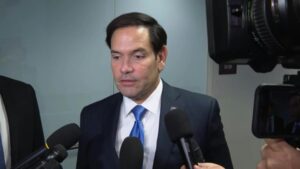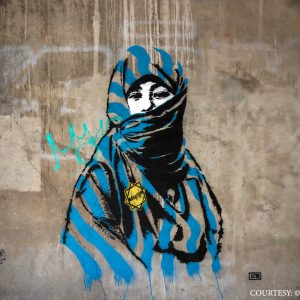Ocasio-Cortez Says US ‘Witnessing a Judicial Coup in Process’
Progressive powerhouse Alexandria Ocasio-Cortez warned Thursday that the United States is “witnessing a judicial coup in progress,” a reaction by the Democratic congresswoman to a raft of highly consequential Supreme Court rulings and the justices’ scheduled hearing of a critical voting rights case.
“If the president and Congress do not restrain the Court now, the Court is signaling they will come for the presidential election next,” Ocasio-Cortez (N.Y.) tweeted in response to news that the Supreme Court will hear oral arguments in Moore v. Harper—a case involving the dubious right-wing “independent state legislature theory” (ISLT)—this October.
ISLT, which the Brennan Center for Justice calls a “baseless” concept “making the rounds in conservative legal circles,” contends that congressional elections can only be regulated by a state’s lawmakers and not its judiciary, or even its constitution. The theory has been embraced by supporters of former President Donald Trump’s efforts to overturn the results of the 2020 presidential election.
“If taken to its extreme, [ISLT] could help foment election subversion,” writes legal scholar Richard L. Hasen in Slate. “How so? Suppose a state court or agency interprets state rules to allow for the counting of certain ballots, and doing so favors one candidate. If the leaders of the legislature are from the other party, and they say that the interpretation does not follow the views of the legislature, it’s impermissible and the results need to flip.”
One way in which progressives have proposed redressing the government’s balance of power is by expanding the Supreme Court. Earlier this week, progressive advocacy groups led by Stand Up America launched the “Four More” campaign in support of the Judiciary Act, proposed legislation that would enlarge the high court from nine to 13 justices.
This isn’t the first time progressives have sounded the alarm over what some have called a “judicial coup.”
Green Party presidential candidate Ralph Nader and others used the term to describe the Supreme Court’s conflict-laden Bush v. Gore ruling that handed the 2000 presidential election to George W. Bush—with the help of some familiar names including John Roberts, Brett Kavanaugh, and Amy Coney Barrett.
Originally published at Commondreams.org, written by Brett Wilkins.











